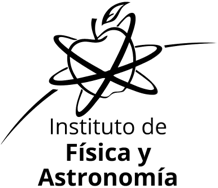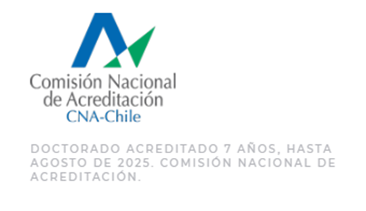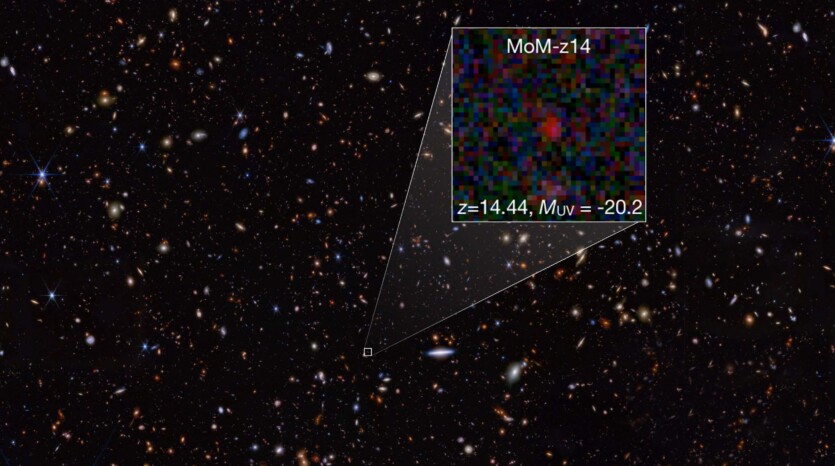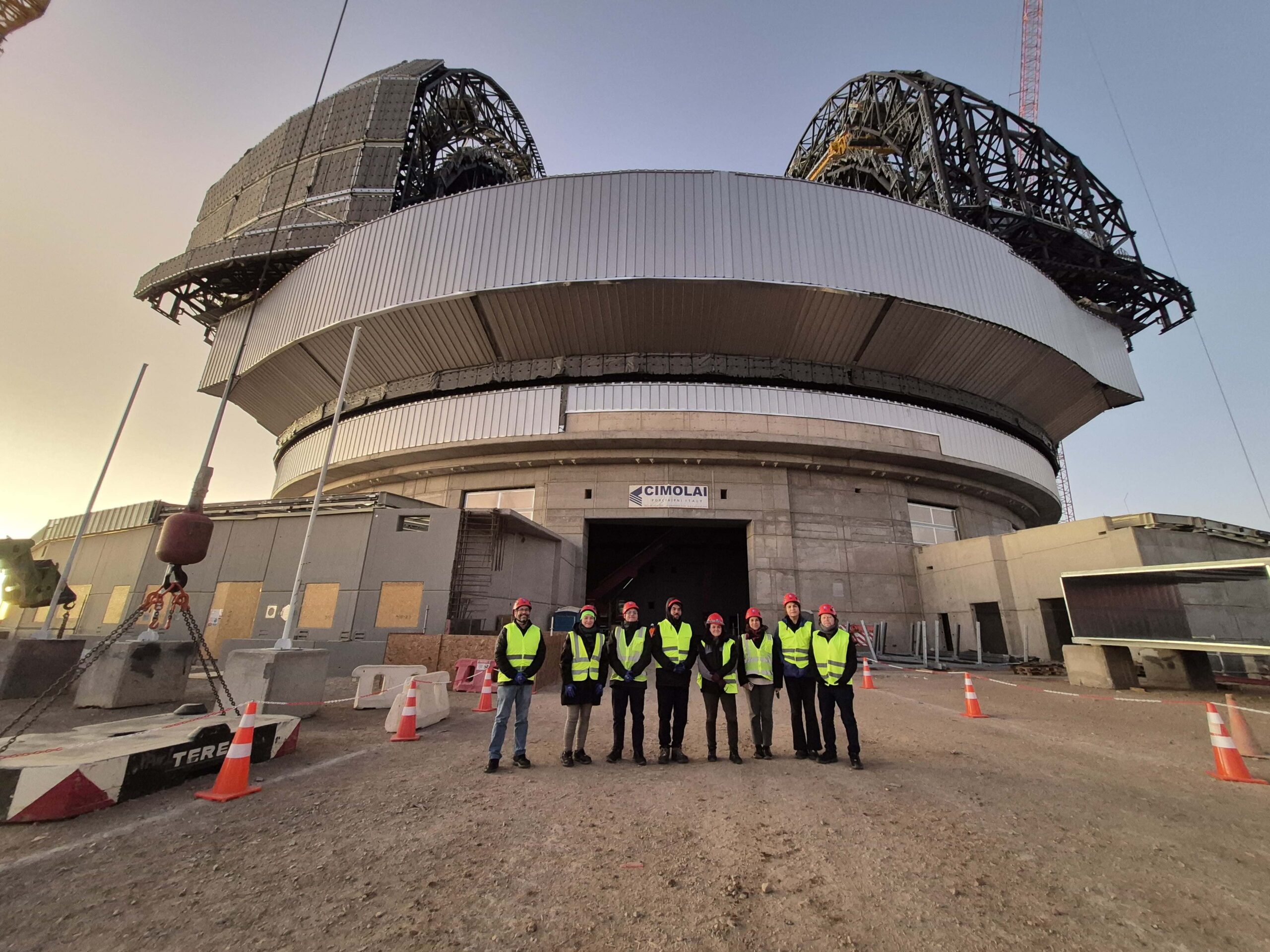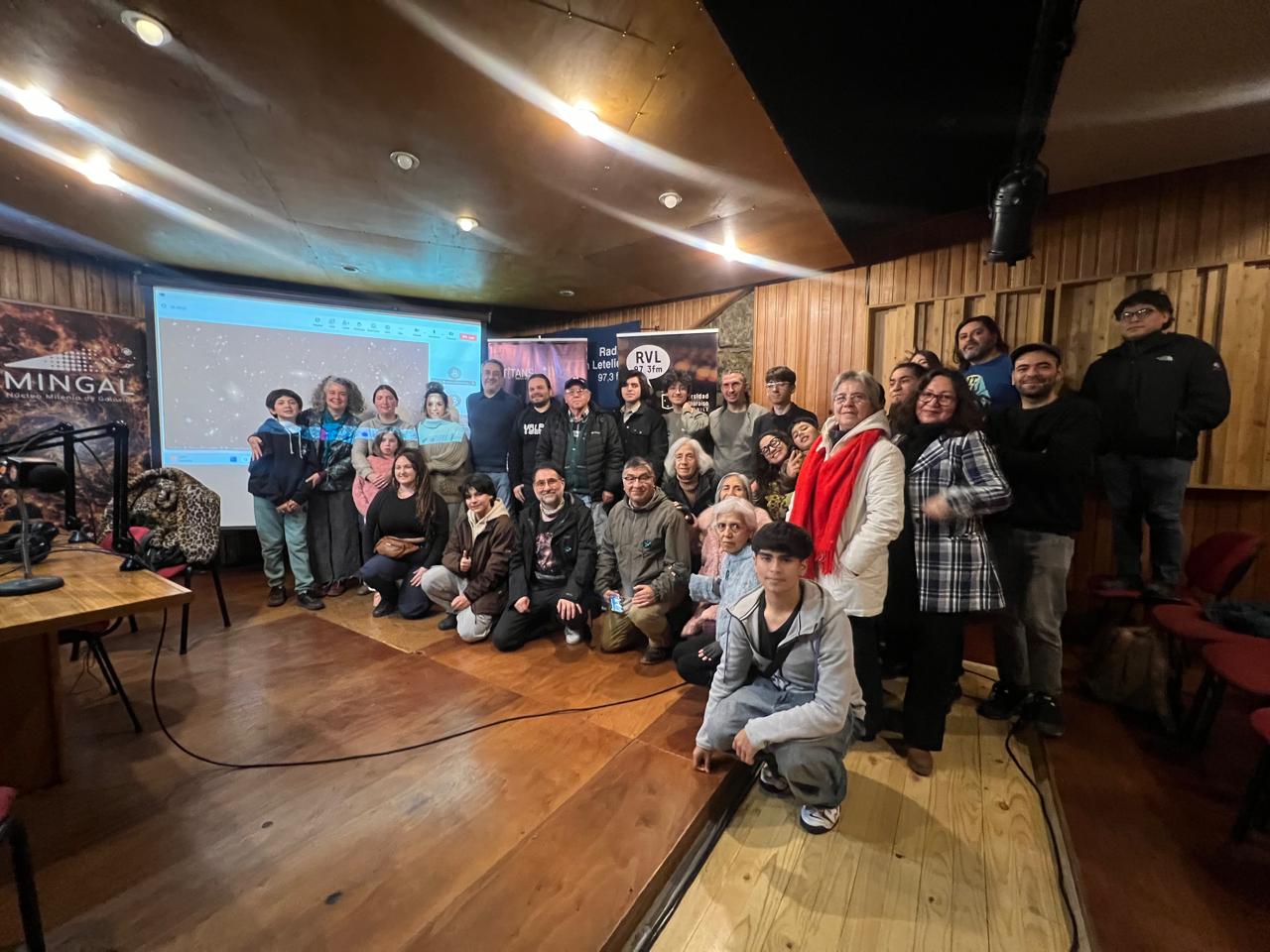PhD in Astrophysics
∗ Click here to find out how to apply to the program
The Institute of Physics and Astronomy opened the program of the PhD in Astrophysics in the year 2013 and already has 23 graduates.
- Schedule: Full-time.
- Duration: 8 semesters/240 credits SCT.
- Places: 6
- Doctorate Curriculum (in Spanish)
Chile is equipped with a world-class infrastructure of telescopes and astronomical instrumentation. For all present and future astronomical facilities, astronomers that work in Chilean institutions have access to 10% of guaranteed observation time. This ensures that Chile has the possibility of becoming a leading country in scientific research in the field of astronomy. Furthermore, this implies that our country has unique opportunities for development in this area, which positively impacts employment prospects, increasing the demand for specialized personnel. The goal of the doctoral program in Astrophysics is to contribute to the education of new scientists capable of producing and transferring knowledge in this field. Students in the program will have the opportunity to work with a group of academic excellence, characterized by high scientific productivity. Strategic links with national and international institutions also allow for the possibility of scientific visits during the program.
Career history
The PhD Program in Astrophysics affiliated with the Institute of Physics and Astronomy (IFA) of the University of Valparaíso, established on January 24, 2013, was created with the aim of increasing the development of Astronomy at the highest level in the Valparaíso Region and generating new pathways for outstanding students from the Region.
Academic Staff
– Catalina Arcos: PhD in Astrophysics, Universidad de Valparaíso, Chile. Massive stars, stellar winds, Be stars, line variability.
– Patricia Arévalo: PhD in Astronomy, Ludwig-Maximilians-Universität, Max-Planck-Institut für extraterrestrische Physik, München, Germany. Black holes, accretion, Active Galactic Nuclei (AGN).
– Jordanka Borissova: PhD in Astrophysics and Astronomy, University of Sofia, Bulgaria. Star formation, stellar clusters, Milky Way galaxy, infrared astronomy, massive stars, variable stars.
– Graeme Candlish: PhD in Physics, University of Nottingham, UK. Numerical simulations, cosmology and gravitation.
– Víctor Cárdenas: PhD in Science, specialization in Physics, Universidad de Santiago de Chile, Chile. Cosmology, General Relativity, Dark Matter, Dark Energy..
– Michel Curé: PhD in Physics, specialization in Astrophysics, Ludwig-Maximilians Universität München, Germany. Massive stars, stellar winds, hydrodynamics, radiative transport, numerical methods, astrostatistics, astrometeorology.
– Zhen Guo: PhD in Astrophysics, Peking University, China. Stellar variability, young stars and protostars, rotation, accretion disks, young giant planets.
– Eduardo Ibar: PhD in Astronomy, University of Edinburgh, UK. Observational cosmology, galaxy formation and evolution, active galactic nuclei, deep radio, infrared and submillimetre surveys.
– Radostin Kurtev:PhD in Astrophysics and Astronomy, University of Sofia, Bulgaria. Star formation, stellar clusters, the Milky Way galaxy, infrared astronomy, very low mass stars, brown dwarfs, cool atmospheres.
– Juan Molina: PhD in Science, specialization in Astronomy, Universidad de Chile. Formation and evolution of galaxies. Galaxy dynamics. Starbursts. Host galaxies of active galactic nuclei.
– Verónica Motta: PhD in Astrophysics, Universidad de la Laguna, España. Observational cosmology, strong gravitational lensing, microlensing, AGN, accretion disks, galaxy groups and clusters, high redshift galaxies, dark matter, spectroscopy.
– Claus Tappert: PhD in Astronomy, Ruhr University Bochum, Germany. Cataclysmic variables, binary stars, novae.
– Maja Vuckovic: PhD in Astrophysics, K.U. Leuven, Belgium. Evolution of hot subdwarf stars, compact pulsators, close binary stellar evolution, asteroseismology.
– Mónica Zorotovic: PhD in Astrophysics, Pontificia Universidad Católica de Chile. Close compact binary evolution (white dwarfs, hot subdwarf stars), BPS models, common envelope phase.
Research areas
Please see the RESEARCH AREAS on our website to find out more about the fields of research available and the academic staff in each area. See also Research Centers and associates.
Career objectives
General Objective:
To train high-level researchers with a broad knowledge in Astrophysics.
Specific Objetives:
The training of human resources necessary to conduct scientific research in Astrophysics.
Provide national and international students of physics and/or astronomy with the opportunity to train in a strong environment of scientific research.
To form research groups that bring together doctoral students, postdocs, and professors.
Establish networks of collaboration with national and international institutes..
Graduate profile
The PhD graduate will be capable of developing research in an independent manner in current areas of astrophysics, as well as being able to interact with other researchers and to use the infrastructure that Chile offers for astronomy. Moreover, it is important to note that the graduate of the program will be possessed of a breadth of knowledge of physics and astronomy. In addition the doctoral student has the opportunity to participate in national and international conferences, allowing for the presentation of their work to the astronomical community and to generate collaborative networks with other scientists. In the case of thesis projects oriented to the area of observations, the graduate can utilise the infrastructure of optical, infrared, millimetre and sub-millimetre telescopes that Chile offers for astronomy.
Employment opportunities
The Program provides the skills necessary for the student to successfully join the national and international professional astrophysical community, or many other scientifically-inclined organizations. Thus possible future employers include universities, higher studies institutions, astronomical observatories, research centers, scientific instrumentation developers, software developers, many state or private companies, consultants or scientific/astronomical tourism enterprises.
HERE you can see the current position of all the students already graduated from the program.
